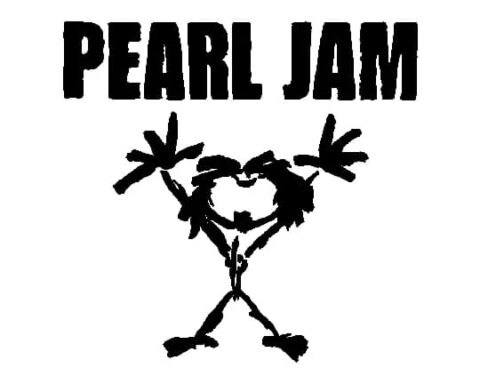More than 200 people gathered outside Holloway Prison for a candle-lit vigil on Tuesday to honour Sarah Reed – a 32-year-old victim of police violence who was found dead in her cell a month ago.
Sarah Reed was a woman who was subjected to some shocking police brutality and whose assault was caught on camera four years ago. She was found dead last month in her cell at Holloway Prison in London and the circumstances of her death remain entirely unclear.
Sarah had been (possibly falsely) arrested for shoplifting in London’s Regent Street in November 2012. It was here that PC James Kiddie was caught on CCTV dragging Sarah by her hair and punching her repeatedly in the face.
The same PC Kiddie, it appears, had form in this department and had previously been subject to previous complaints, including having sprayed CS gas into the faces of UK Uncut tax avoidance demonstrators in 2011. The incident eventually led to Kiddie’s dismissal.
Prominent race relations activist Lee Jasper, a former director of policing and equalities for London, has led the campaign to find out what happened to the 32-year-old, and provides a more detailed account of Sarah’s situation on his website.
Sarah had suffered mental health issues ever since the death of her newborn baby some years earlier. While detained as a patient under Section 3 of Mental Health Act, Sarah, according to members of her family, was the victim of a sexual assault in Maudsley hospital in October 2014. And according to Jasper’s inquiries, when she had fought off her attacker, injuring him, the staff called the police and it was Sarah who ended up being arrested.
Jasper also suggests, based on conversations with Sarah’s family that ‘the fact that Sarah had previously challenged a racist and violent Metropolitan Police Officer who was later sacked leads the family to suspect that she was targeted for arrest under any pretence, as an act of retribution’.
Her family received a call on the 11th January from Holloway Prison informing them Sarah was dead. They were told that she had ‘strangled’ herself while lying on her bed.
Family members who then went to the prison to see Sarah were, by their own account, prevented from seeing Sarah’s body. Reed’s family insist that she had been acting in self defense and should never have been in prison in the first place. Campaigners also argue that Reed should never have been kept in custody, due to her mental health issues and her prior experience of police brutality.
While there is without doubt a surviving culture of institutional racism within the Metropolitan Police force, it doesn’t necessarily follow that the tragedy of Sarah Reed should be regarded within the context of race (though her death is being attached to the Black Lives Matter hashtag and her case is being compared to that of Sandra Bland in the US – and it certainly is possible the assault on her was racially-motivated). The case can just easily be argued that her tragedy is more owed to failing or incompetent systems in regard to police, the prison system and mental health care.
Frances Crook, writing in The Guardian, argues that Sarah Reed was the victim not of institutional racism or just police brutality, but of specifically how the prison system treats women.
The Prison Reform Trust reports 30 percent of women (and 10 percent of men) had previously been admitted to psychiatric care prior to being sent to prison. And women in police custody are, according to the Centre for Mental Health, five times more likely to suffer mental health problems than other women.
Sarah Reed’s family members deserve to know what happened to her; and an investigation is underway. The explanation that she somehow strangled herself seems questionable at best. But it is also questionable whether the official investigation will eventually report anything different. It is also likely to take a long time, as these processes and institutions tend to move very slowly – all the more so if they’re reluctant to disclose their findings.





Reblogged this on TheFlippinTruth.